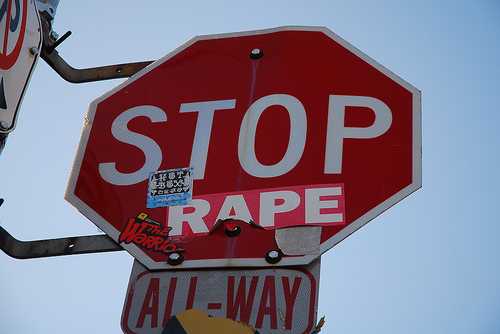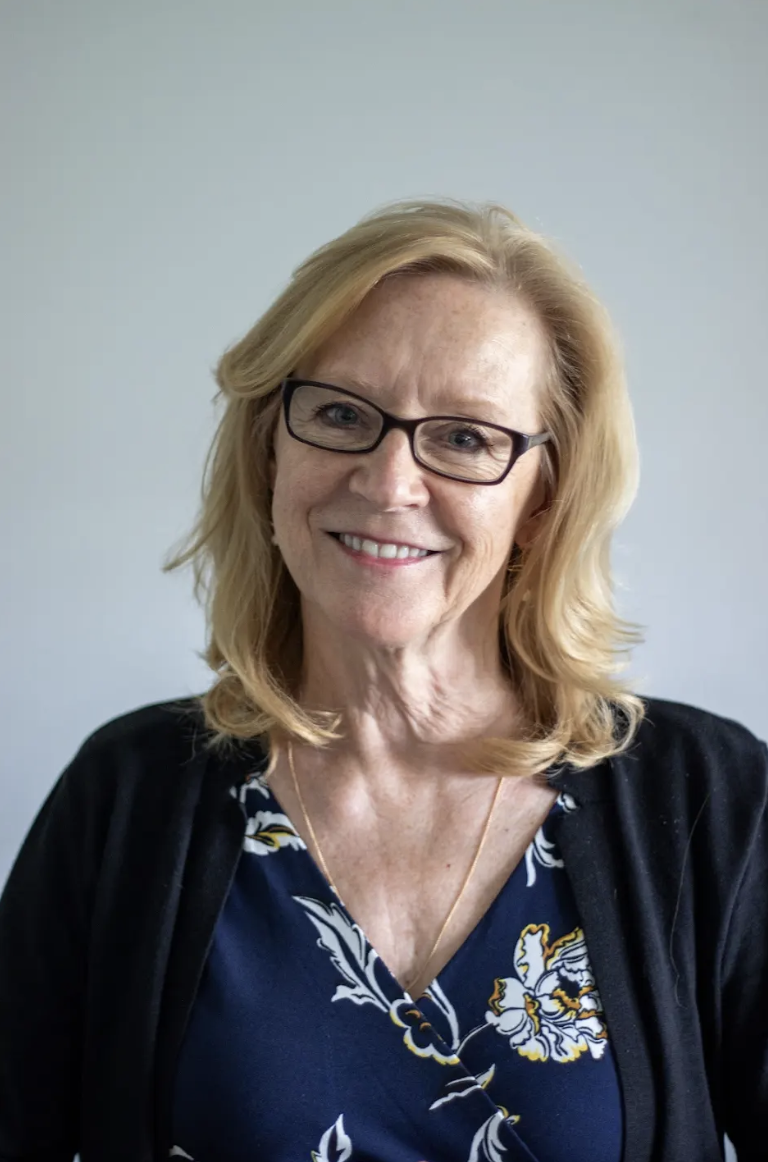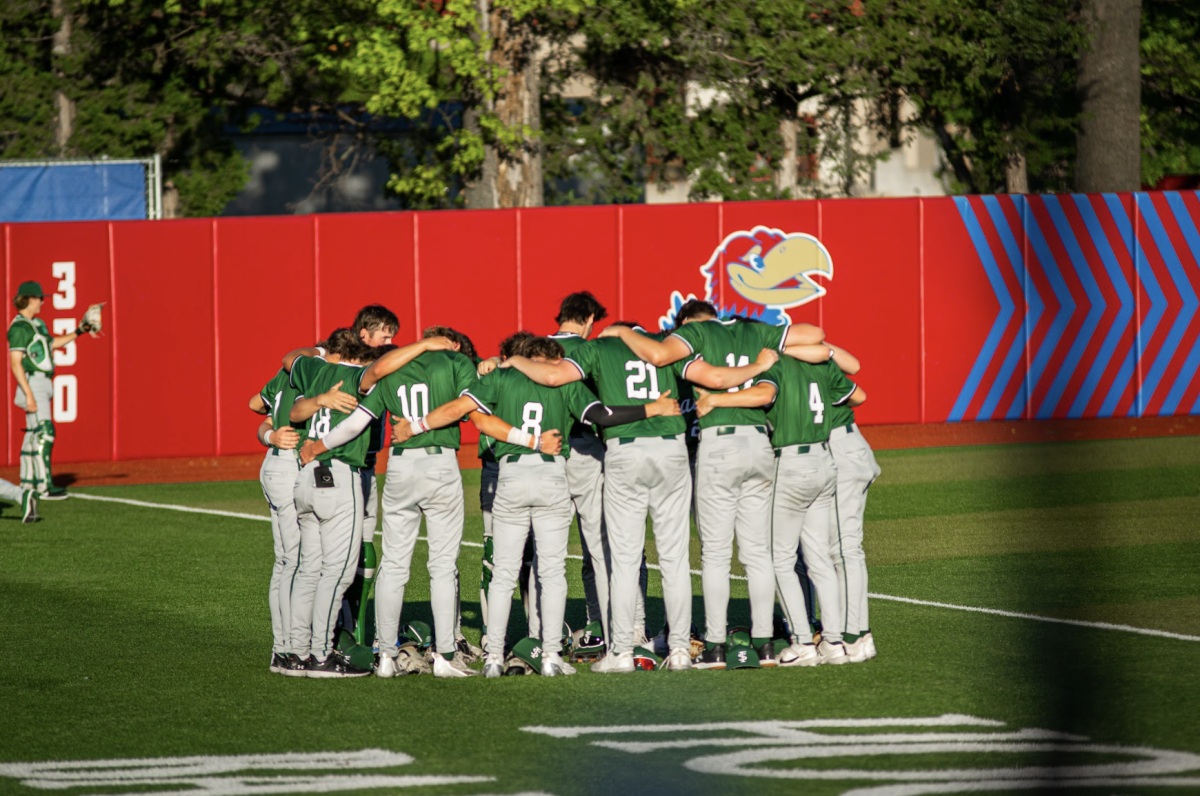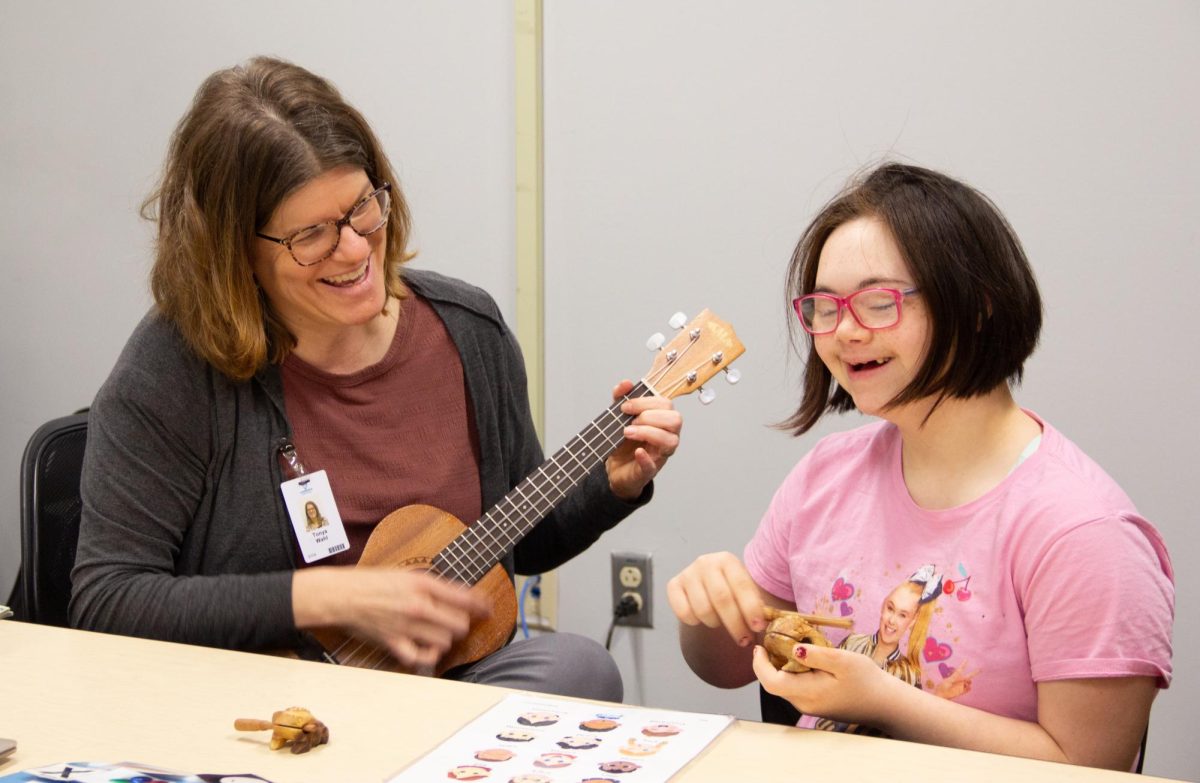It seems as if every week a new face of a rapist is staring through the TV screen and another victim’s name is displayed in bolded letters.
Every two minutes, someone in the U.S. is sexually assaulted. To some, this statistic may be shocking. To others, rape culture–making jokes about sexual assault and seeing rape incidents reenacted on television–has subconsciously become a normal part of our society. Growing up in a town like Lawrence, KS as opposed to Chicago, Illinois, plays a big factor in the way rape is perceived.
Lawrence is a safe town, in most regards, so rape is not a common worry for its residents. However, according to Crime Victim Services, one in four American women and one in six American men have been the victims of an attempted or completed rape in their lifetime, so an issue this prevalent cannot be ignored.
Freshman Evan Frook said that awareness comes “from parents and friends…(rape) is a big part of the things that you learn growing up now, and everything related to sex.
Whether knowledge of rape is gained through the media, informative parents, or health classes, having some awareness on the topic is important.
When asked to define sexual assault, Free State students all had a similar response.
Sophomore Kayla Clark said that it is “any sexual act without consent”. Sophomore Armando Martinez said it is a sexual act “that somebody doesn’t want from someone else”. Senior Aaryn Wertz said “any (sexual) act that is unwanted towards any gender”.
Each definition agreed with the idea that as long there is no consent, or it the act is unwanted, then it qualifies as sexual assault.
Rape and sexual assault are topics that are frequently thrown around in politics. Politicians discuss their personal definitions of rape and issues of abortion in regards to rape, but the issue of rape itself is unresolved. The government’s definition of rape has not kept rapists from attacking.
However, the legal definition of rape can keep victims from being unheard. With expansions in the definition, more victims of sexual assault can speak up for a chance at justice and closure.
On April 1, Governor Sam Brownback signed a bill, eliminating the statute of limitations for rape and giving hope to rape survivors in Kansas.
The scariest aspect from all the statistics regarding rape is the number of rapes that go unreported.
According to Telegraph Media Group, 83 percent of rapes go unreported. This means that all of the names and faces on the news are only 17 percent of the total. A survey of 1,609 women found that almost half would not report because of embarrassment or feeling ashamed. Two-thirds said low conviction rates would be their hesitation to report.
Eliminating the statute of limitations for rape could lower these numbers by giving victims an unlimited amount of time to decide to report.
As laws regarding rape change, hopefully the government will progressively provide a feeling of comfort for victims.














